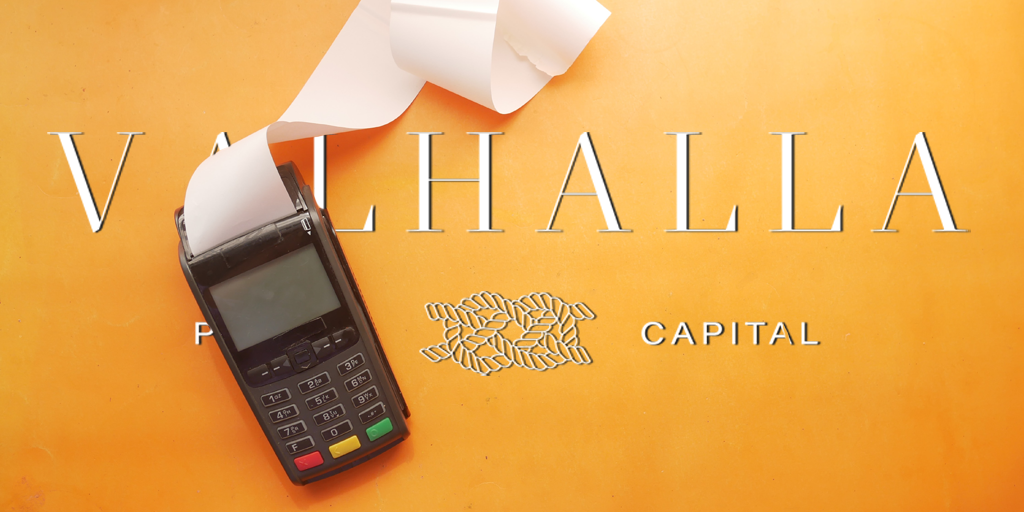
Emmet McGonagle
In a 1993 episode of The Simpsons, Matt Groening’s lovable knucklehead Homer is annoyed to find $20 in his couch instead of a lost peanut, which he had lost seconds before. However, he soon realizes that his unexpected find “can buy many peanuts” as “money can be exchanged for goods and services”.
Although Homer Simpson is not often celebrated for his decision-making skills throughout
The Simpsons’ 32-year lifespan - due to stealing money from his son to buy back incriminating photos and framing his wife for a DUI - Homer’s search for couch peanuts teaches a valuable lesson within the art of finance.
In order to succeed, a company will use its operating assets in a business model that produces goods for customers in exchange for cash, which in turn generates retained earnings for shareholders. Long story short - money can be exchanged for goods and services.
A company can then leverage its assets to raise debt capital (to continue the metaphor, borrow money for more peanuts), or issue new shares to raise equity capital.
On the topic, Valhalla’s director
Jan Lederman elaborates: “If you’re a mature operating company that’s been around for a while, you will have a history of cash flows and accumulated retained earnings, and you can make choices about how to optimize your capital between retained earnings, debt and equity and everything in between, to give you the lowest weighted average cost of capital (WACC).”
If you’re considering watching
The Simpsons for any more business tips , a
study by mobile network
GiffGaff found that Homer Simpson has reportedly spent $333bn in the first 29 seasons of the show (from 1989 to 2017). If only he was interested in something bigger than peanuts.
Do you have a question about angel investing? Get in touch with Valhalla Private Capital via our
contact page.



